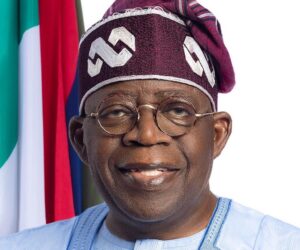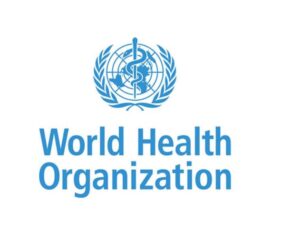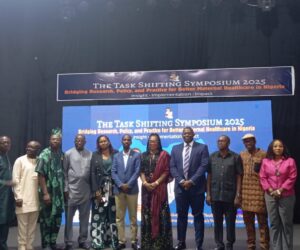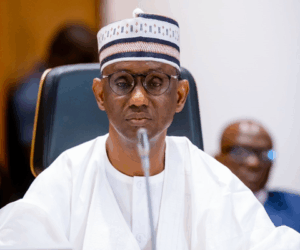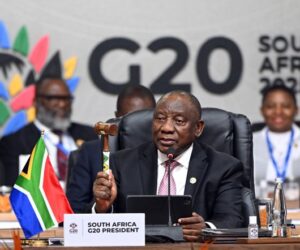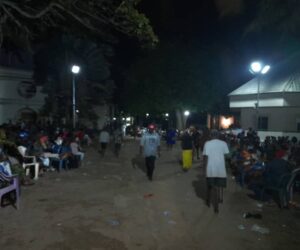Nigerian resident doctors have warned that worsening insecurity, poor remuneration and stalled career progression are driving a collapse of the country’s healthcare system.
The doctors spoke in Katsina on Tuesday at the 45th Annual General Meeting and Scientific Conference of the Nigerian Association of Resident Doctors (NARD), hosted by the Katsina State Government.
Incoming NARD president, Mohammad Suleiman, told participants that the number of resident doctors in Nigeria had crashed from about 15,000 in 2014 to 8,000, blaming the trend on “low pay, insecurity, and lack of professional opportunities.”
He said the trend, known locally as the “Japa Syndrome,” poses an existential threat to the nation’s health sector, as doctors increasingly leave Nigeria for better conditions abroad.
“Unless governments at all levels make deliberate efforts to retain health workers through fair pay, improved welfare, and safer work environments, the system will continue to lose its backbone,” Mr Suleiman warned.
Governor Radda pledges reforms
Governor Dikko Radda, who hosted the event and received an award from the doctors, said his government prioritised health reforms by upgrading selected primary health centres to general hospitals and introducing renewable energy to ensure uninterrupted service.
He also promised that health workers in Katsina State would receive the necessary support to continue delivering essential services.
ALSO READ: Nigeria’s Resident doctors suspend strike, give reasons
NARD, however, stressed that piecemeal state-level reforms are insufficient, pointing to the worsening security situation in many northern states that has disrupted services and forced doctors to abandon posts in rural areas.
Conference theme
The gathering, themed “Mitigating Health Worker Migration through Extra-Remuneration Incentives: A Strategy for Sustainable Development,” attracted hundreds of doctors from across Nigeria who engaged in technical sessions on retention strategies, fair pay, and career development.
NARD President, Zenith Osundara, also led participants to observe a minute of silence for colleagues lost in the past year, while restating the union’s commitment to pushing for policies that would keep doctors in Nigeria.
The doctors cautioned that without urgent intervention, Nigeria’s fragile health sector would continue to deteriorate, with patients in rural areas left most vulnerable.
Nigeria has one of the lowest doctor-patient ratios globally. The World Health Organisation (WHO) estimates about 24 doctors per 100,000 people in Nigeria, far below the recommended minimum of 100. Experts warn that if insecurity and welfare challenges persist, the crisis will further cripple access to healthcare, particularly in rural communities.





